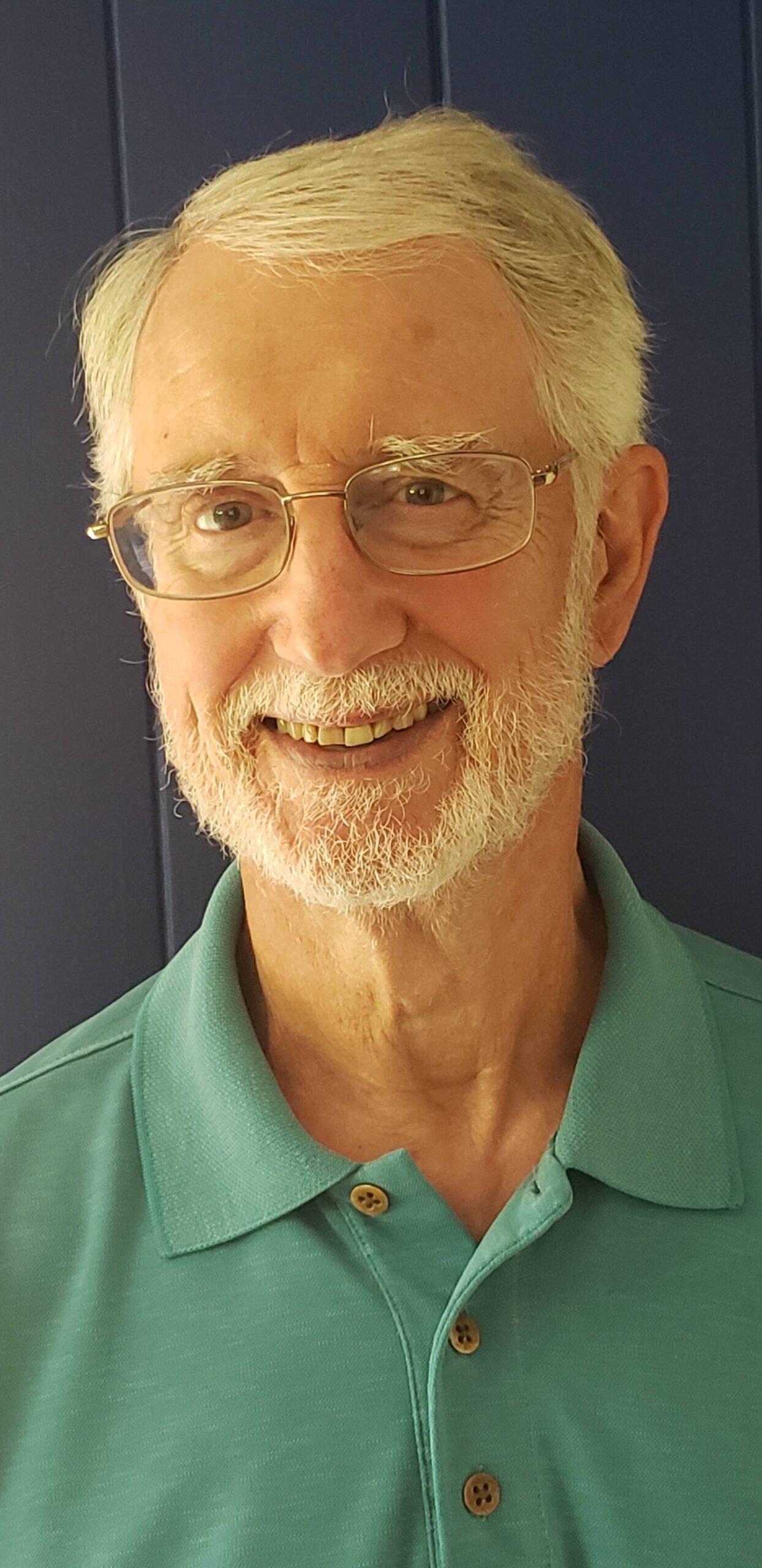Journalism can be hazardous.
Evan Gershkovich of The Wall Street Journal is now being held in Russia, charged with spying and espionage. He clearly was “wrongfully detained,” as the White House officially declared.
When I was on assignment for The Seattle Times in Russia in 1984, I also could have been arrested. But I would have been “rightfully detained.”
The Times sent me on a 3-week trip cross-country skiing in the Soviet Union. It was organized by the Citizen Exchange Council, which sponsored “people-to-people” visits of Americans and Russians. My main mission was to write a story for our paper’s Travel section, but as an editorial writer and columnist, I also wanted to do some commentary pieces on life in the U.S.S.R.
It was an apt year to be there: The Soviet Union was a truly Orwellian place in 1984. Its Communist government oppressed average citizens, suppressed the truth and often harassed journalists. I figured that as part of a cross-country ski group, I would have some immunity. In retrospect, that was a bit foolhardy. Among my infractions:
Smuggled gifts. A Russian friend who had emigrated to Seattle with her husband asked if I would take some small gifts to her parents, who lived in Leningrad (now St. Petersburg). She thought she might never be able to see them again, since travel was forbidden by the Kremlin. Her father had been fired from his job as a university professor after she left the country. They could write letters, but not talk by phone, and there was no email or internet then.
I agreed to take them the gifts – a gold chain necklace for her mother and a nice watch for her father. But foreign visitors to Russia were supposed to declare any items of value when they arrived, and to show them when they left to prove they hadn’t smuggled anything in. I wore the chain under my turtleneck and put the watch on my wrist. I didn’t declare either item. Russian officials inspected our bags at the Moscow Airport, chuckled at our skis and poles, but waved us through without close oversight. Her parents were thrilled with the gifts when I spent an evening with them at their Leningrad apartment.
Met Refuseniks. Jews who wanted to emigrate from the Soviet Union but had been denied permission were known as “refuseniks.” Any contact with outsiders, especially journalists, was strongly discouraged by Soviet authorities. Still, a fellow skier and I arranged to meet a family in Moscow. A man told us by phone to take one subway line to the last stop. When we asked how we’d recognize him, he said, “Don’t worry, I’ll recognize you.” Americans just dressed and acted differently. When we arrived, a young man walked by and whispered: “Follow me but stay well behind.” He led us on a circuitous route to an apartment where his family was waiting. We spent several hours talking with them about the injustices of the Soviet system. They all wanted to leave the U.S.S.R.
Roamed a train. Our group took a train from Moscow to Murmansk, where we were part of the 50th annual “Festival of the North” that included a marathon cross-country ski race. We had 4-person compartments with seats that could be made into beds, plus a dining car. But before the train departed, I walked the whole length through several “third class” cars that had only wooden benches and no heat. People sat on the hard floors, some with children or infants. They had cardboard boxes for suitcases and ate bread and sausage out of paper bags. One man offered to swap his worn coat for my ski parka. After I returned to our “first class” car, the conductors locked the doors to the other cars and none of our group was allowed to walk there again.
Met dissident students. In Petrozavodsk, where we skied for two days and dined with the local ski club, I also met some students who said they wanted to practice their English. We went to a park and they looked around to make sure no members of Komsomol, the Soviet youth organization, were watching us. We spent a few hours in their apartment, where they expressed deep frustration at the Soviet system.
Photographed a harbor. In Murmansk, which was crowded with winter-sports athletes and fans for the festival, some of us skied into the hills above the city. We took photos of the harbor far below, although we had been warned not to do that. A Soviet naval base was several miles away and impossible to see from our position; all we could see was the cargo port.
Still, when I left the Soviet Union, I hid all my film rolls in my dirty laundry as a precaution. And when we landed in Helsinki, I felt great relief, knowing that I might have been arrested and detained in Russia. Today, under Putin, that might actually have happened.
John Hamer is a former editorial writer and columnist for The Seattle Times. He has lived on Mercer Island since 1999. Email jhamer46@gmail.com.



